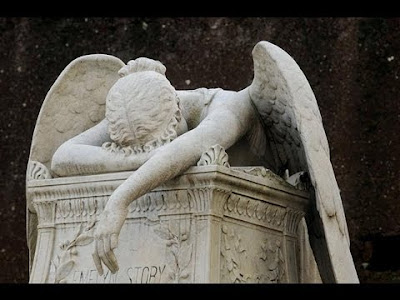After a week of meetings in Grand Junction, Robin and I travelled to southwest Colorado. Our route took us through Moab where we took in some of the amazing scenery. At one spot, we saw a bunch of petroglyphs etched on a single big rock: there was bighorn sheep, feet, centipedes, a birthing scene, horse and rider and birds. The variety of images were etched at different dates: anywhere from 1 AD to 1880!
What is it about we humans that cause us to want to leave our mark somewhere? Petroglyphs, graffiti, a stone fence, children, a building, a piece of art or book—the drive to leave something that will live long after we are gone is strong.
Our life is but a small speck in the great expanse of time that humans have existed.
James 4:14 reminds us of that fact: “Yet you do not know what your life will be like tomorrow. You are just a vapor that appears for a little while and then vanishes away.”
What is the legacy you will leave once your brief time on earth is done? Will you be remembered by the material things you left behind, or by the lives you touched and changed? We all live in social circles: families, neighborhoods, work teams, church groups. What mark are you leaving? Do you love others in ways that help them live into their best selves? Do you work to break down the divisions between people? Are you working side by side with others so justice can be realized for those without it? Are you offering tenderness and compassion in places where harshness and apathy seem to have the upper hand?
Perhaps you will never leave behind an etching on a rock that someone will gaze upon hundreds of years later. But may the seed of love you plant in someone’s heart bear fruit for generations.

